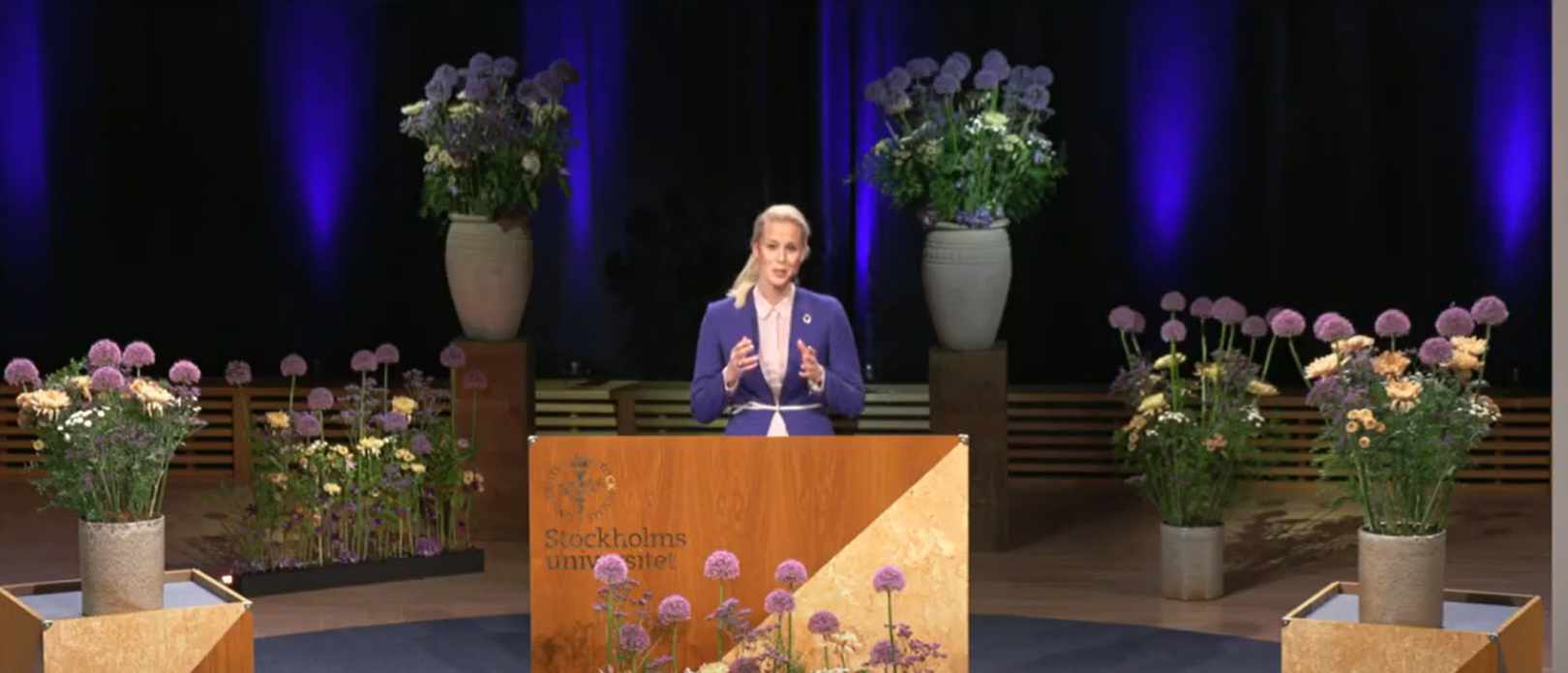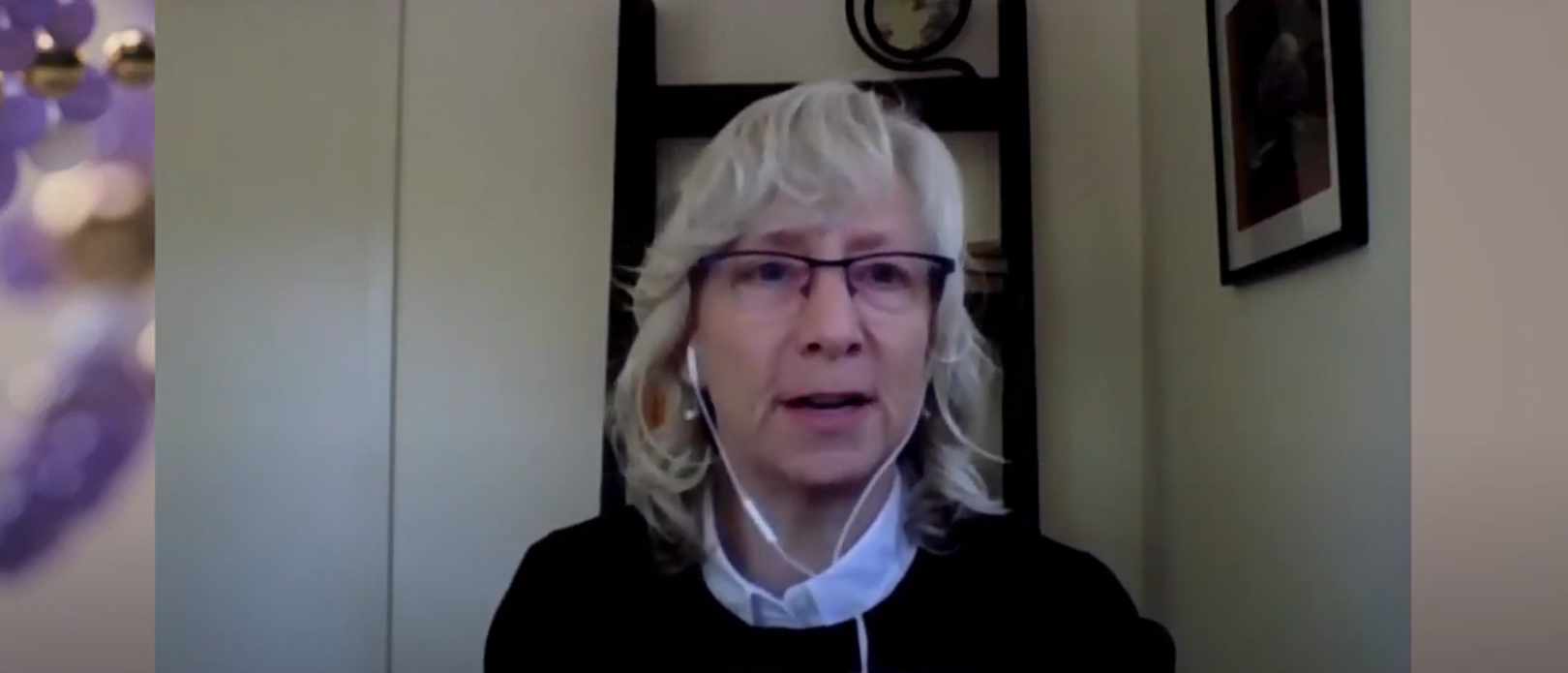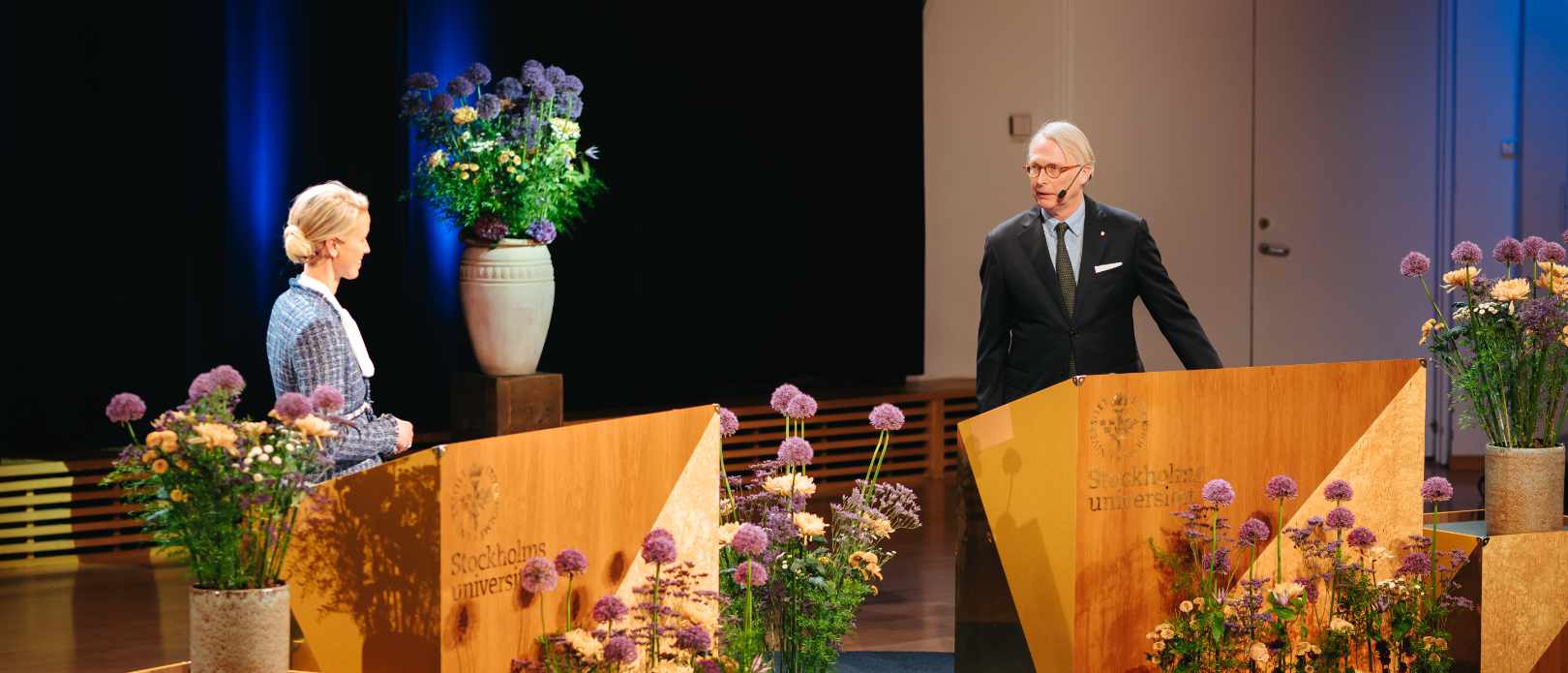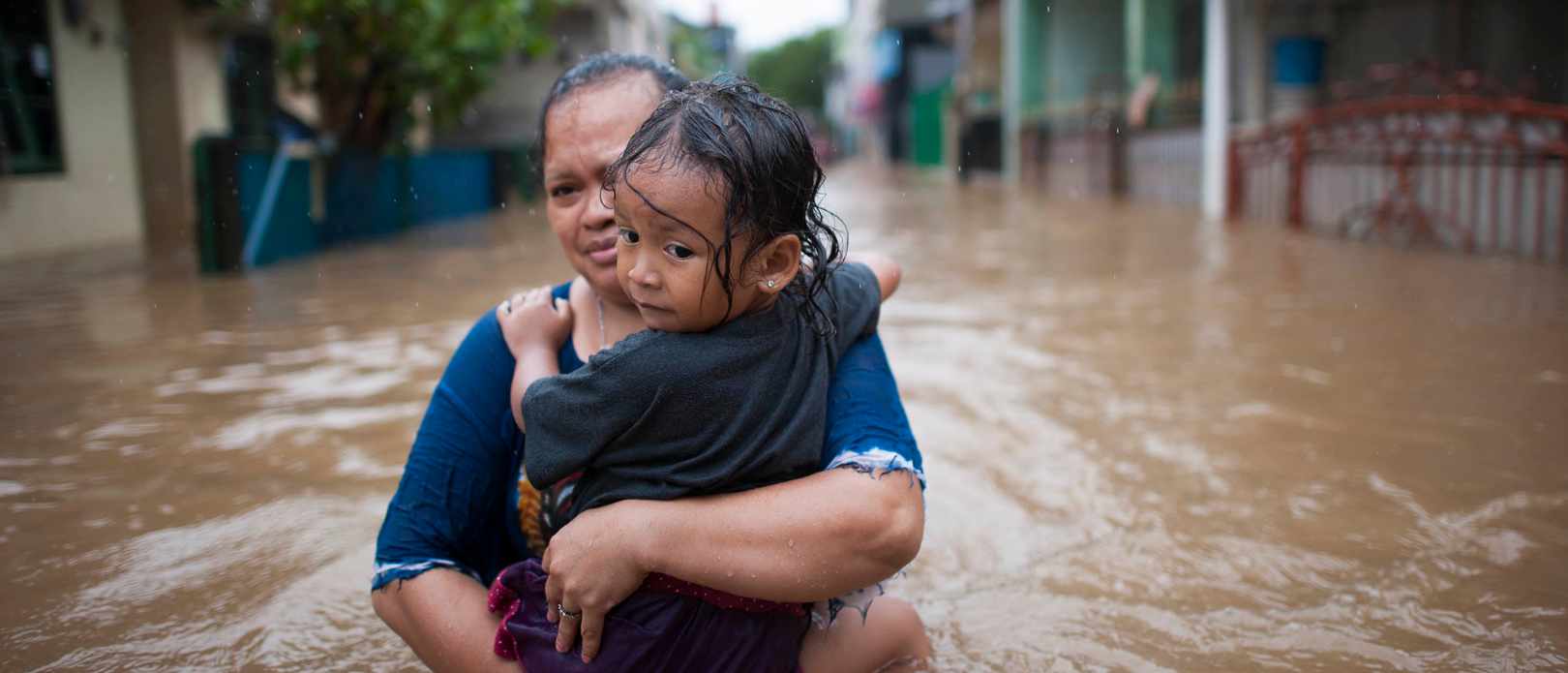WEBINAR
Summary of second Nobel Prize Summit science session

Quotes, videos and reflections from the second science session during the Nobel Prize Summit 2021
- The Nobel Prize Summit brough together Nobel Prize laureates, scientists, policymakers, business leaders, and youth leaders to explore what can be achieved to put the world on a path to a more sustainable, more prosperous future for all of humanity
- The second of two days of science sessions focused on new technologies, social innovation, governance, inclusiveness and stewardship
- Contributions included the three Nobel Laureates Jennifer Doudna, Joe Stiglitz and Sir Richard Roberts, as well as a whole array of distinguished sustainability scientists
WATCH THE FULL WEBINAR IN THE VIDEO ABOVE.
The academic science sessions “Our Planet, Our Future – Global Sustainability” continued on the 28 April with two panels, a discussion of the call for action, and a set of closing remarks.
Professor Leena Srivastava, Deputy Director General for Science of the International Institute for Applied Systems Analysis, moderated the first panel dialogue on breakthroughs in technologies and social innovations.
Below are some selected remarks and quotes from the panellists:
Sir Richard Roberts, Nobel Laureate, New England BioLabs said:
We have seen two tremendous advances since the Covid-19 crisis began driven by biotechnology [rapid development of tests and mRNA vaccines]. Despite this we should figure out a much better way of getting ground-breaking biotechnology into the hands of the public.
Sir Richard Roberts
Jennifer Doudna, Nobel Laureate, University of California, gave a brief introduction to the Nobel Prize-awarded CRISPR/Cas9 genetic scissor and discussed three ways it is already having an impact, including its potential importance for developing new crop varieties that could address challenges facing agriculture, in particular in light of climate change.
Karen Seto, Yale University stressed the importance of addressing urbanisation and focused on how satellite imagery and analysis technologies can help cities become more sustainable, healthy and equitable.
In particular she mentioned NASA’s Black Marble images of Earth at night as something transforming our understanding of human activity and giving new insights to things like vulnerable populations.
Frank Geels, University of Manchester, argued that innovations are happening but they are not diffusing at sufficient speed. He argued that we should not only drive the emergence of technological breakthroughs, but also their diffusion. We also need to be willing to deal with resistance to change through for instance vested interests.
Don't know what you got till it's gone
Professor Rosina Bierbaum of University of Maryland moderated the second panel dialogue on governance, inclusiveness and stewardship.
Bierbaum started by framing the theme of the panel as something social science calls “the enabling conditions for transformations”.
Some selected remarks and quotes from the panellists:
Joe Stiglitz, Nobel Laureate, Columbia University, said we are not valuing future generations enough and argued that the concept of “social cost of carbon” should be closer to $100 per ton by 2030 than the $50 per ton previously estimated.
Politicians often talk about the burden of debt we might leave our children, but those debts are dwarfed by the inequities we will leave them with a destroyed planet.
Joe Stiglitz
Jane Lubchenco, Advisor to the President, Oregon State University, spoke about the need to both protect nature and manage wisely outside protected areas for sustainable use.
She also mentioned the increasing recognition of the importance of protected areas, but it shouldn't just be about quantity. Quality, or level of protection matters.
She also paraphrased a Joni Mitchell song from the 1970s reminding us that we “don't know what we got, till it's gone”.
Gretchen Daily, Stanford University, talked about natural capital, valuation of ecosystem services and the need to ramp up public-private partnerships to invest in nature-based solutions.

It is really inspirational that the UN just a month ago approved the new metric Gross Ecosystem Product.
Gretchen Daily
Gross Ecosystem Product is defined as the total value of final ecosystem goods and services supplied to human well-being in a region annually, and is now experimentally being applied in countries like China and Colombia.
Eduardo Brondizio, Indiana University, focused on biosphere stewardship, inequalities and indigenous people:
“Those suffering the most have contributed the least," he said.
“We can’t talk about biosphere stewardship without including indigenous people.”
He emphasised three aspects that needs to be present for biosphere stewardship to be successful: recognition, empathy and cooperation.
The call for action
Johan Rockström (PIK) shared the latest version of the Summit’s statement “Our planet, our future – an urgent call for action” and walked the participants through the main points. It emphasises science as a global, public common good and that it's now time to reclaim a baseline of truth.
It also underlines the need to reinvent our relationship with planet Earth and that we cannot separate sustainability from inequality.
Closing remarks
Vidar Helgesen, executive director of the Nobel Foundation, thanked everybody for making the three days of the summit “such a remarkable mosaic of events”.
Marcia McNutt, President, US National Academy of Sciences argued that “scientists need to step out of their jargon and talk in plain, straight language to the public.”
“This summit can be a great platform for better communication not just to policy makers, but to everyone on the globe. If we don’t engage with them, the narrative will be taken away from us.”
Marcia McNutt
Johan Rockström, Potsdam Institute for Climate Impact Research said:
“There has been some really deep insights coming out from this summit, and perhaps the most profound one that we need to reboot our relationship with planet Earth, our own home”. He also described science as the best way to do this without having to go out to space and see our little beautiful Blue Marble from above.
Carl Folke, Stockholm Resilience Centre and the Beijer Institute was truly grateful for all fantastic speakers, and their many different entry points and perspectives:
The Nobel Prize Summit is hosted by the Nobel Foundation and organised by the US National Academy of Sciences in partnership with the Potsdam Institute for Climate Impact Research and the Stockholm Resilience Centre/Beijer Institute.
Read more about the Nobel Prize Summit Our Planet, Our future








